Is Protein Powder Good for a Bodybuilder?
Whey, pea, and soy protein powders are just a few of the many options available. But ever ponder why individuals utilize them? What’s more, is protein powder wholesome?
In any case, why do individuals utilise protein powder?
If you’ve been at the gym for any length of time, you’ve probably heard other people talking about “protein drinks” and “protein tablets.” But why is it so alluring to artificially increase your protein intake? And is anything else required?
The theory
In theory, taking protein supplements makes sense. After all, our goal as bodybuilders is to gain more muscle mass and, if possible, reduce body fat at the same time. It is a common assertion in nutritional guidelines that increasing protein intake leads to bigger muscles and quicker muscle recovery after exercise.
A regular individual needs about 50 grammes of protein per day, however, some nutritionists recommend 180 to 220 grammes for bodybuilders. The problem lies in the fact that protein is quite filling. So, using protein powder as a nutritional supplement by bodybuilders makes some sense.
The reality
Although protein is essential for muscular growth, some people consume excessive amounts of it, which increases their chance of developing kidney or osteoporosis issues as they age. Even if you work out hard, the government recommends not going over the daily allotted amount of protein. It also exhorts us to remember that eating a diet rich in protein is not as important as eating a healthy, balanced diet.
Whey protein: what is it?
Without a doubt, whey protein is the most well-known protein powder available. It’s the original kind. A few years ago, when vegetarianism and veganism were completely accommodated, buying this type of protein powder was the standard.
It is a protein powder manufactured from whey, which you would recognise from cheesemaking leftovers. It is therefore not vegan even if pea and soy protein powder are.
So, is protein powder healthy?
The honest answer to your question is, it depends on how you use it. If you’re vegan and struggle to consume enough protein each day, this may be beneficial. That might not be the greatest option for you, though, if you consume steak and beans for every meal, particularly if your daily protein intake is higher than suggested.
However, protein powder may also cause other issues. You are undoubtedly aware of how satisfying protein is on its own. You’ll also know that gaining muscle requires consuming a lot of calories. Do you see a potential problem here already?
Protein powder has little effect on your overall nutritional intake, even though it could help you reach your target protein consumption. Eating a varied, healthful diet is good for you for a reason—you won’t receive all the nutrients it has to offer if you don’t. Put simply, because you are not able to manage more nutrient-rich meals, protein drinks may prevent you from obtaining all the nutrients you need.
When trying to hit your daily macros, I suggest prioritising eating to keep this from becoming an issue. You can use protein powder as a supplement if, despite having your complete day’s meals scheduled, you are still not reaching your recommended daily intake of protein. Generally speaking, the more protein you can get from food alone to reach your daily targets, the better. Protein smoothies are best reserved for days when you know you won’t be able to finish the race on your own, as a last resort. They shouldn’t account for the majority of your daily protein intake.
Which protein powder helps people lose weight the most?
Again, there may be some advantages to using protein powder for weight reduction. While you’re cutting, the key is to see it as a filling shake that replaces meals. If you need to reduce your caloric intake, protein powder can help you lose weight; but, for it to work, you must continue your intense workout programme. Nobody wants to lose muscle, which is what will happen if this isn’t done. Your body will remain under strain if you force it to stay in muscle-building mode, which will not only avoid muscle wasting but also force it to burn fat for energy. This will increase your body’s ability to burn fat.
Despite this, you still need to monitor your protein consumption to ensure that, even when you include protein in your meals in addition to protein shakes, it doesn’t go over the recommended daily allowance. Controlling your calorie intake is also essential; losing weight is unachievable if you don’t burn off more calories than you take in. Remember that protein shakes include calories as well. To get the best protein powder for weight loss, just pick one that suits your nutritional requirements and purchase it from a reputable vendor. When purchasing protein powder, make sure you check the labels to ensure that it contains all nine of the essential amino acids.
Does protein powder work well for vegans and vegetarians?
Vegans and vegetarians would inevitably find it more difficult to meet their protein objectives when they consume double the RDA of protein. That’s why it can be beneficial for them to finish up their allotment of protein powder that is vegetarian or vegan. Naturally, this is wonderful if they find that their diet alone is allowing them to meet their protein objectives. Protein powder needs to be reserved for last resort if the meal has shown to be insufficient.
Great food sources for protein
As you’ve undoubtedly gathered by now, my preference is to get my protein from food wherever possible rather than from protein powder. But to do that, you must be aware of what you should eat.
There are several protein-rich meals to choose from, regardless of whether you eat meat or not:
- Lean poultry, pork, and fish
- Dairy items including milk, yoghurt, cheese, and cream, as well as eggs
- Items made from soy, like tofu
- Oats
- Several veggies, like broccoli
- Specially formulated high-protein items like protein bread and protein bars
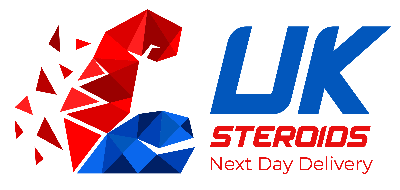
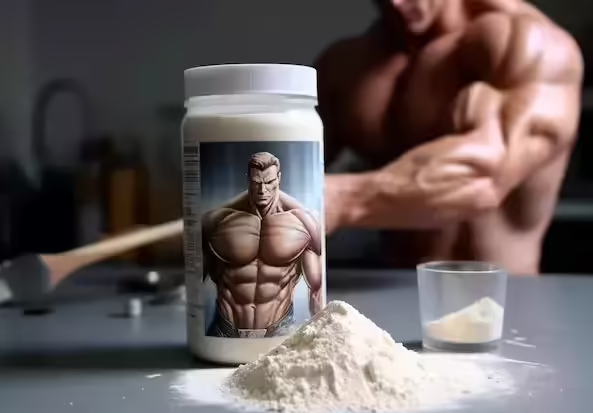
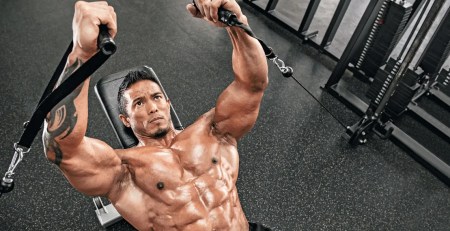
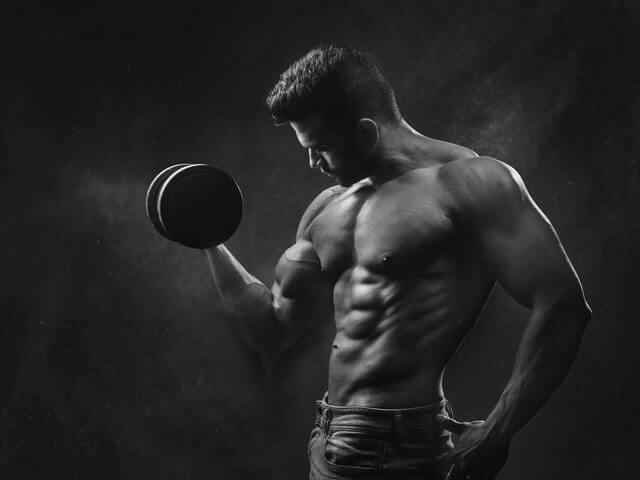



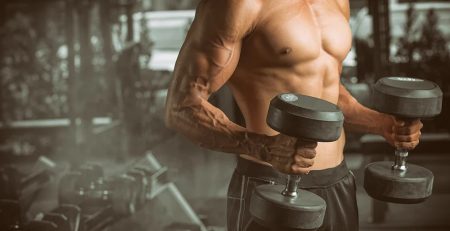
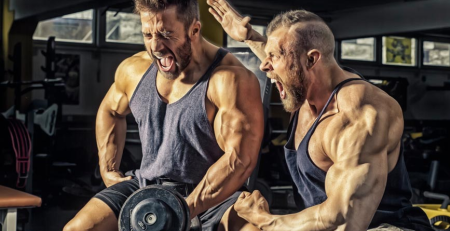
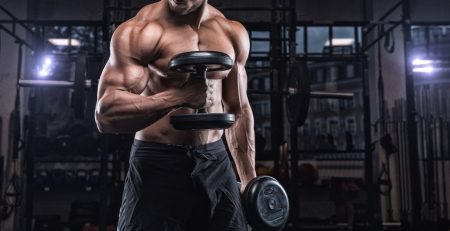
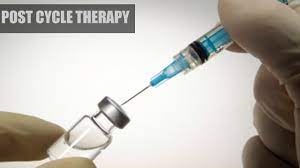

Leave a Reply